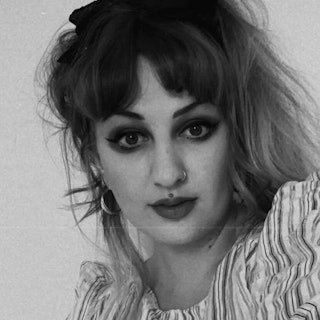World’s best ads ever #56: Dove focuses on dangerous trend with ‘Reverse Selfie’
We asked our readers to vote for their favorite commercials of all time. Top creatives from the World Creative Rankings and The Drum’s Judges’ Club then ranked the ads. Now, we bring you the definitive 100 best TV and video ads of all time.
For years, Dove has been a leading voice in the movement against unrealistic beauty standards within the advertising industry, and in April 2021 released one of its most-talked-about campaigns yet, ‘Reverse Selfie’. With more than 1.2m hits on YouTube and counting, the minute-long video aimed to combat the harmful impact selfie culture has on young girls.
It was the work of long-term agency partner Ogilvy, who had collaborated with the brand since 2004 when they began working on its Self Esteem Project. Back then, of course, social media filters on Snapchat or Instagram didn’t really exist, but Photoshop did and the Unilever-owned brand made a promise to only use ‘real’ people in its ads.

Fast forward to last year, and the problem that women and girls faced in the early 00s is not only still relevant, but as technology has moved on, the situation has rapidly become more dangerous. No longer is it just photographers distorting images in the pursuit of ‘perfection’ – by the age of 13, 80% of girls alter the way they look online. Take a moment to let that sink in.
The facts and the film are both shocking, but not unrealistic, which is why it was relatable to so many young women and girls. For viewers, seeing how far the girl in the video went to alter her appearance online was uncomfortable, but the conversations that came from it were hopeful – which was exactly the outcome Dove wanted, but admitted wasn’t easy.
At the time, Daniel Fisher, global executive creative director at Ogilvy, said: “We wanted the end frame to hint that there is a chance to do something about this. That there’s a different path.”

Even celebrities got involved in the conversation – American singer Lizzo partnered with the company to post a raw, unedited selfie on her Instagram page to help tackle the topic of beauty standards.
“We’ve always been an activist, but this will massively accelerate moving forwards,” noted Jo Bacon, global lead at WPP.
“This is about creating movements and empowering girls and women to take a stand and have their own voice against it, as opposed to us just coming in and shining a light on.”

